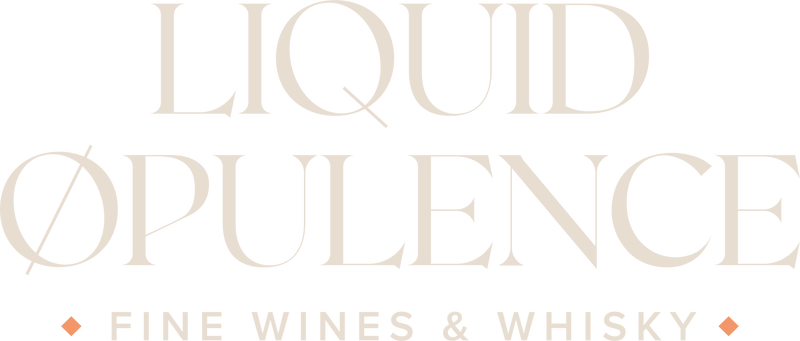About us
We are your gateway to the world of fine wine and premium spirits investment, unlocking potential high returns, portfolio diversification, and the luxury of rare collectibles.
Company reg: 07027813
WOWGR/Excise ID: GBOG223904200
EORI: GB223904230000
VAT number: 223904230
Investing
@ 2024 Liquid Opulence. All rights reserved


